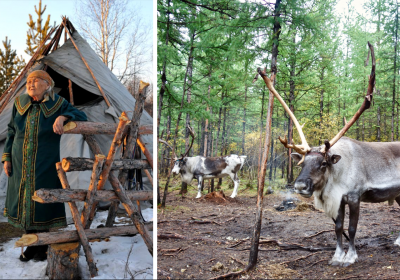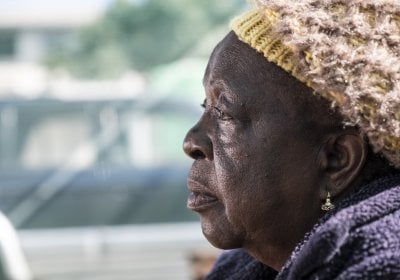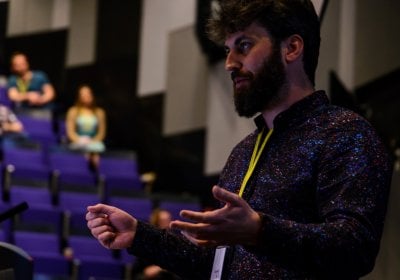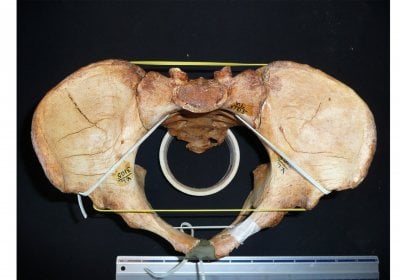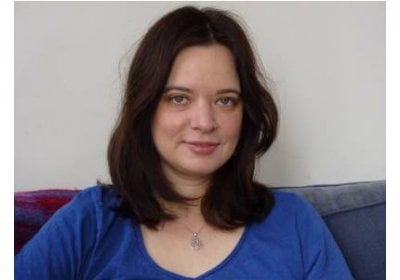Cooperative breeding, kin selection, and the evolution of human childhood
Abstract: Compared to other primates, humans have an unusual suite of life history traits. Foremost among these is a long juvenile dependence period (childhood), which requires support from others in a society, beyond just maternal care (cooperative breeding). Using data from two very different populations – Agta hunter-gatherers from the Philippines and a Bristol-based UK longitudinal cohort (ALSPAC) – Daniel explored whether both of these derived traits can be explained by inclusive fitness considerations of cooperating with kin. Among the Agta, using experimental cooperative games I find that children preferentially share with siblings, suggesting that kin selection may underpin much cooperative behaviour between children in a foraging society.
Using the ALSPAC cohort, Daniel will explore whether relatedness between siblings predicts variation in reproductive development. Consistent with the idea that individuals invest more in themselves – rather than their siblings – as relatedness between siblings decreases, Daniel found that females with only full siblings reach menarche at a later age than those with only half- or step-siblings. Taken together, these findings suggest that, in part, humans may possess a long childhood and engage in cooperative breeding because of the indirect fitness benefits of helping close relatives.
Biography: Daniel Smith is an evolutionary anthropologist interested in understanding the social and ecological factors which shape human cooperation, as well as the ontogenetic roots of cooperation, the evolution of storytelling, and wider links between cooperation, life history theory and cultural evolution. He recently completed his PhD at UCL exploring cooperative dynamics among the Agta, and currently works at ALSPAC at the University of Bristol.
Admission
Contact

